To accelerate the transition from a “take-make-waste” model to a circular economy, we want to help individuals and businesses rethink their current habits and embrace some key buying and selling activities. We have defined six areas that we are prioritising, we refer to these as the Six R’s:
-
Recommerce: powering the circular economy
We define Recommerce as a regenerative way to buy, re-use and share goods and services. It includes business models and activities like Resale, Repair, Rental, Refill, Return and Redistribute.
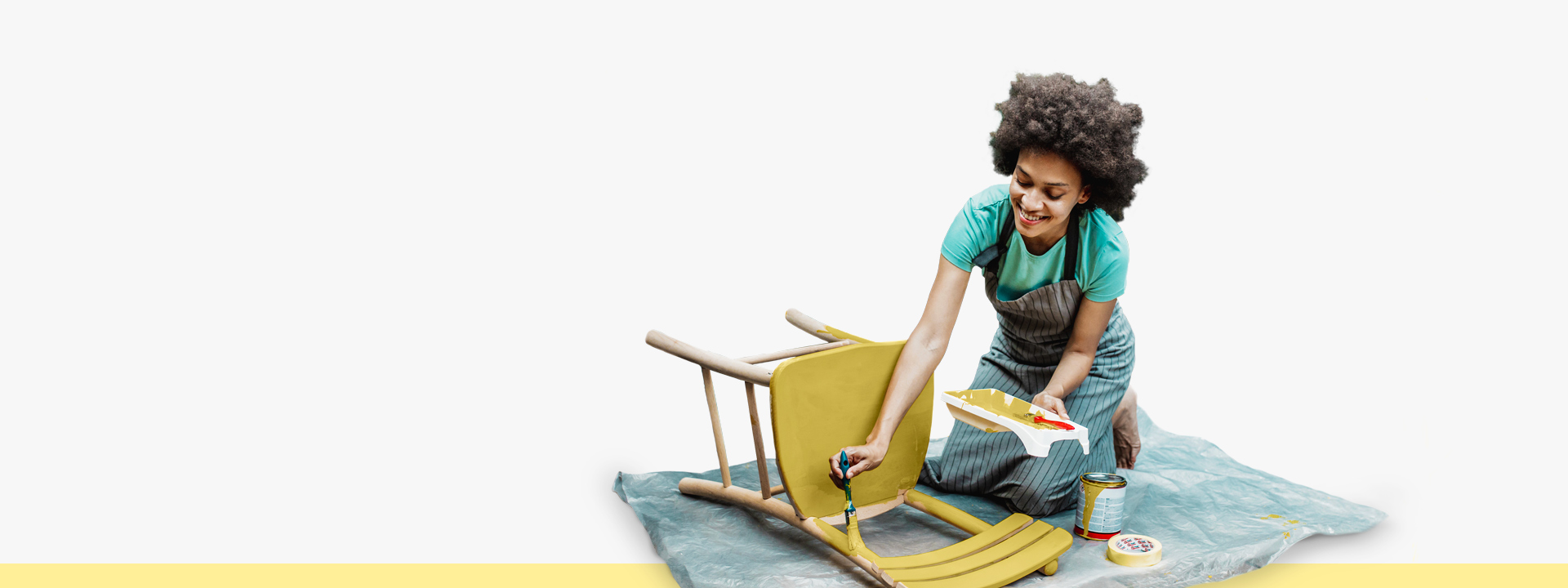
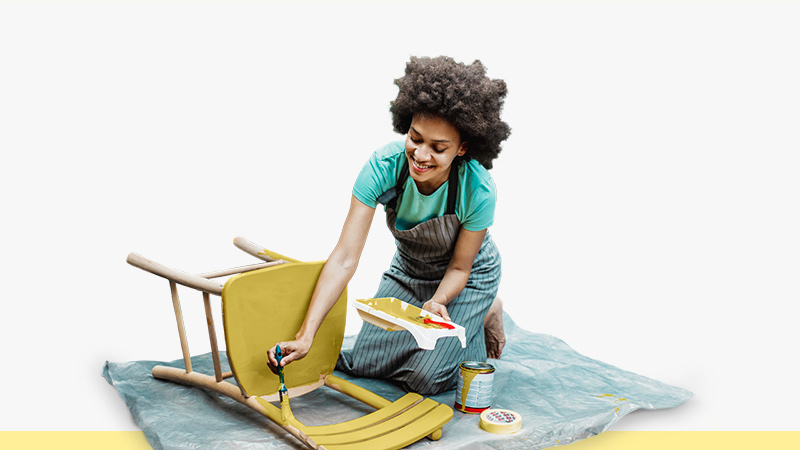
Shifting to a regenerative economy
Resale
Selling previously used products or parts, either in peer-to-peer or as business reselling to consumers and / or individuals through marketplaces and instore e.g. clothes, furniture, toys, cars.
Repair
Paying for / offering for items to be repaired, refurbished or adapted to prolong their life or give them a new purpose e.g. improving the appearance or changing the function.
Rental
Renting products / items through subscriptions or similar models, turning them into services e.g. cars, bikes, clothing, tools.
Refill
Providing products in packaging that can be reused or refilled, or contents to refill those products e.g. detergents / cleaners, food and drink, rechargeable batteries, beauty products.
Return
Returning / accepting products at end of life for recycling or reuse, either directly to the business or to another business as part of a returns scheme e.g. technology, washing machine.
Redistribute
Redistribution for use by other organisations / individuals of things or services that aren’t needed, or can’t be used before expiry, through donation or sale, extra office space, IT equipment, unused food from a restaurant or supermarket.
Open to all
Here are some ways everyone can get involved
Resale
First step: Have you ever sold any of your goods, for example clothes? Step further: Have you disassembled a product, recovered key parts (auto etc) and sold them for a profit?
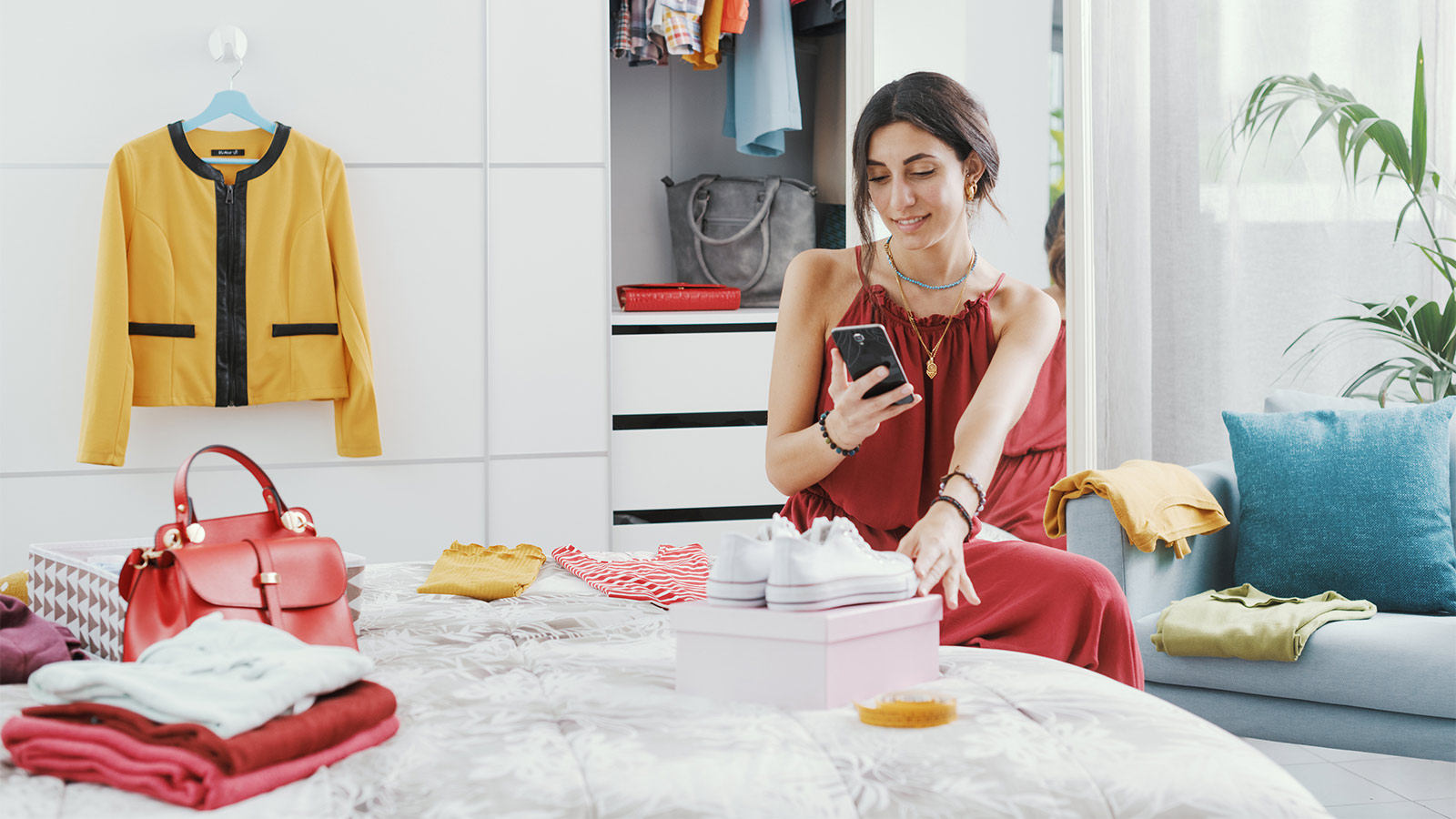

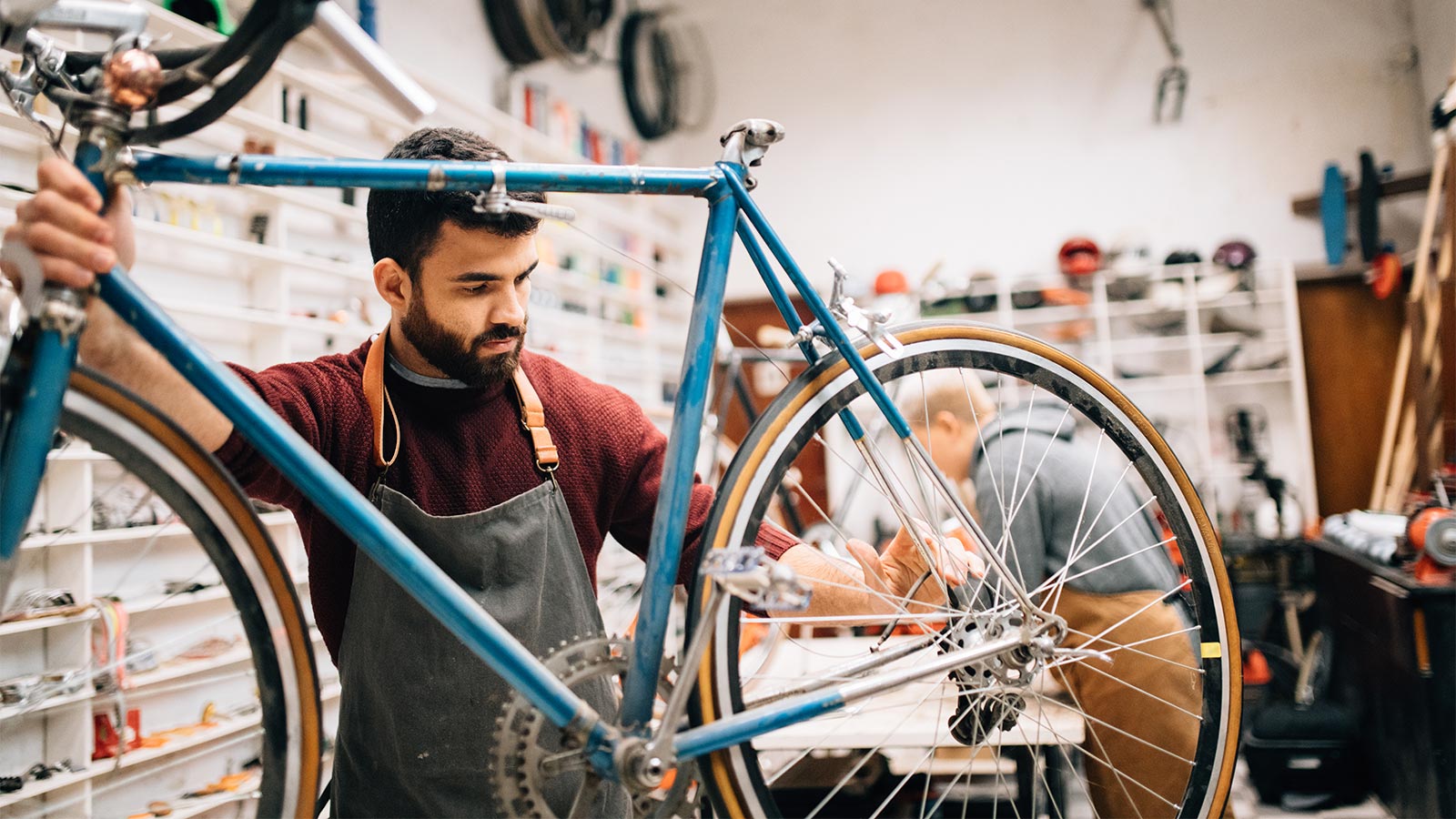

Repair
First step: Do you mend your clothes or repair your shoes? Step further: Have you learnt new skills to repair goods (furniture, toys etc) to prolong their lives?
Rental
First step: Have you rented a bike to travel around a city? Step further: Have you subscribed to a tech rental scheme or a bike rental scheme?
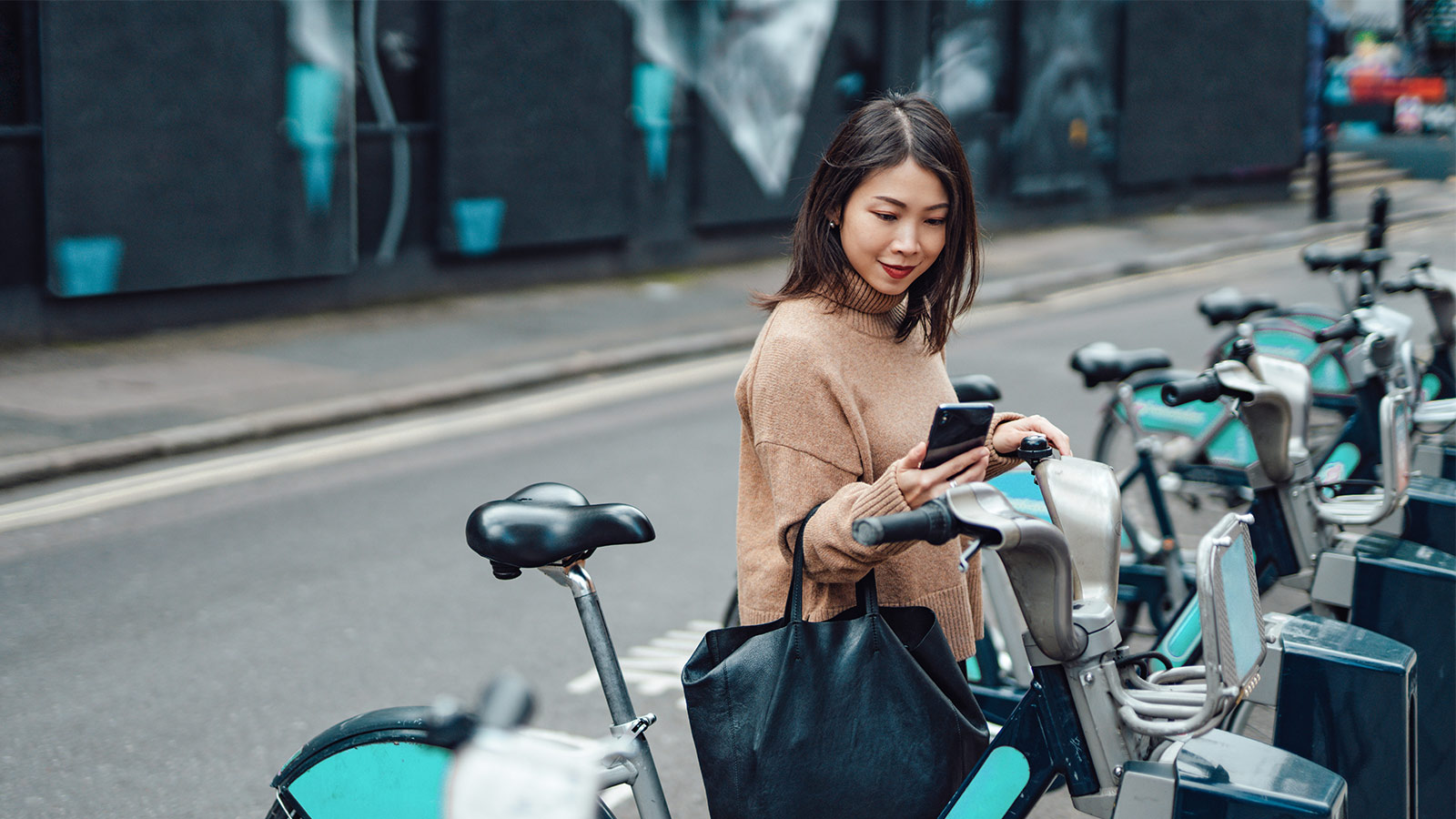

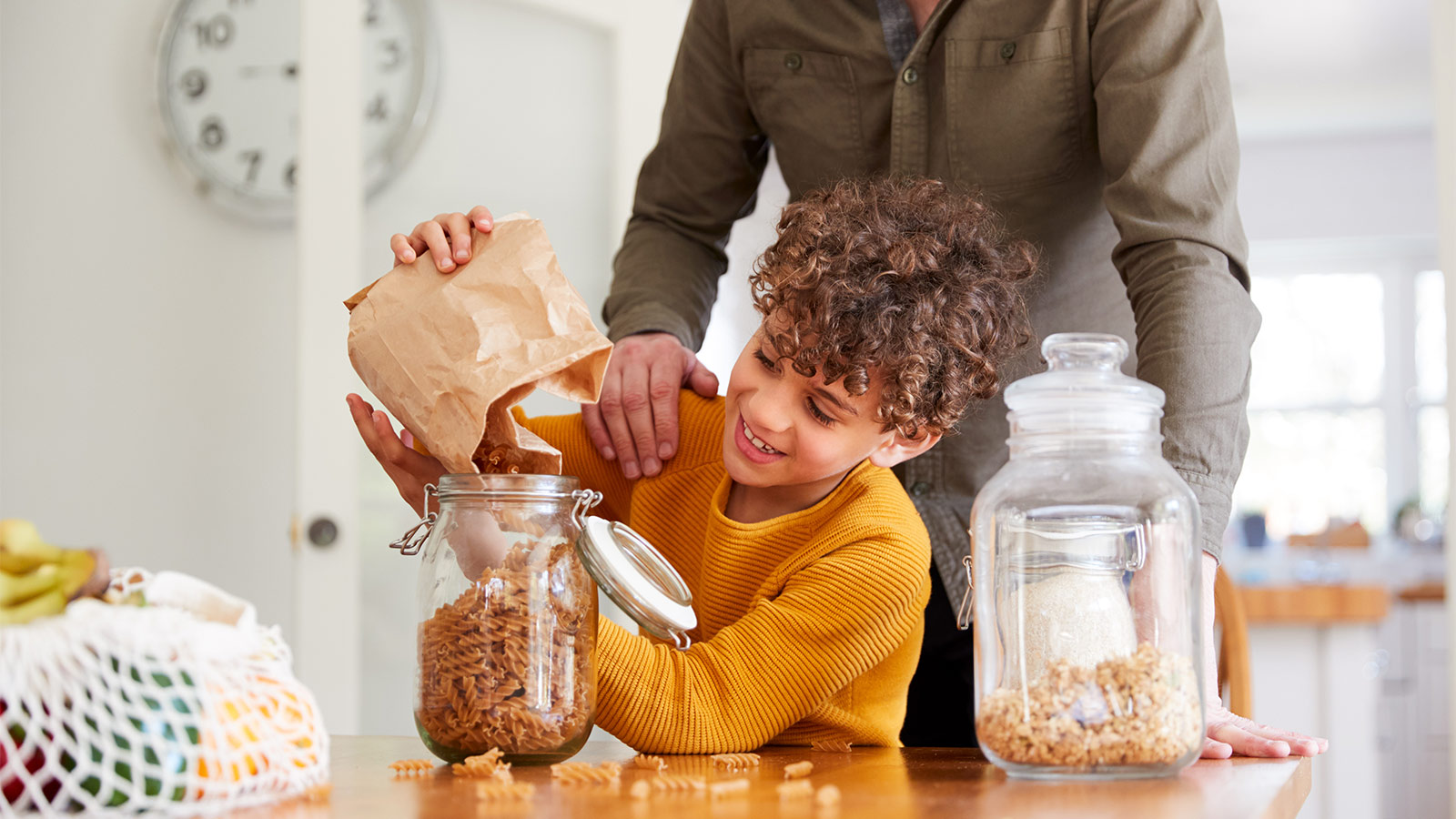

Refill
First step: Have you ever used a refillable water bottle or coffee cup? Step further: Have you also refilled cosmetics in-store? How about everyday grocery items?
Return
First Step: Have you used a deposit return scheme for recycling? Step further: Have you returned your sofa/mattress or furniture as part of a buy-back scheme?
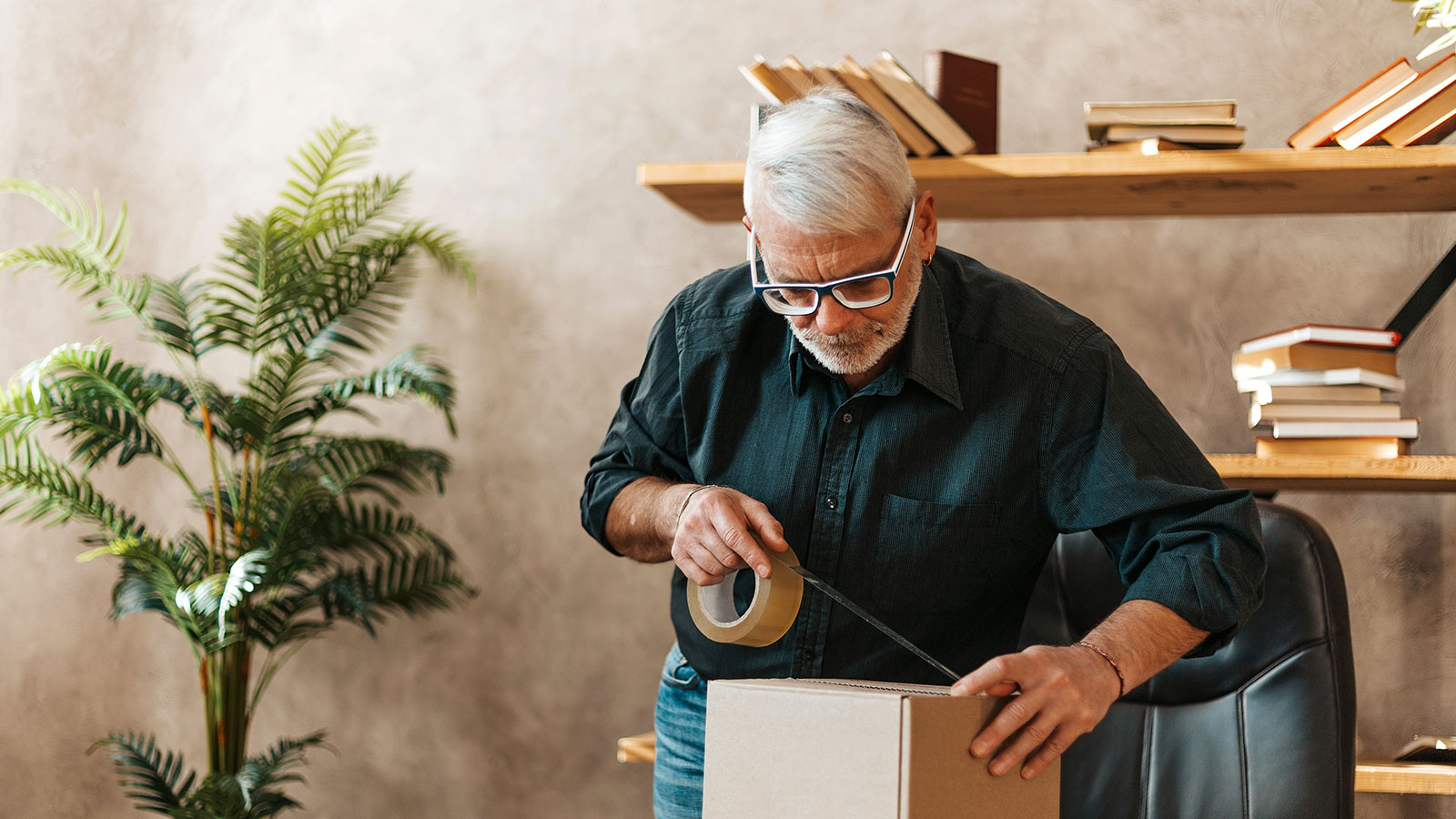

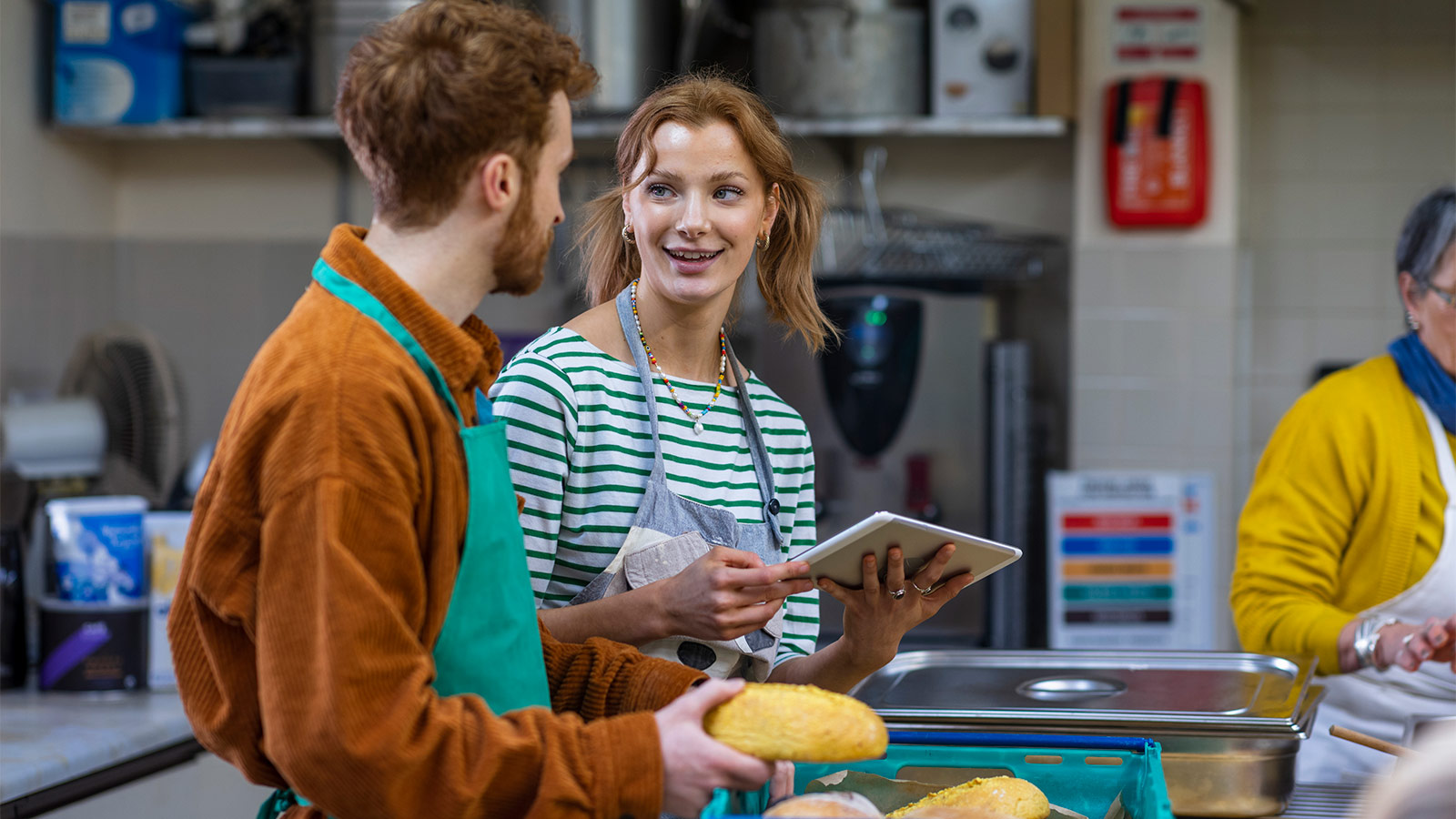

Redistribute
First step: Have you redistributed clothes or toys in a peer-to-peer marketplace? Step further: Have you bought food from apps which resells end of life food at reduced prices?
Case studies

ReFunk
ReFunk is a furniture upcycling platform that seamlessly connects freelance furniture upcyclers with conscious and design-oriented consumers, to fuel the circular and gig economies in the furniture sector. ReFunk bridges the gap between consumers and craftspeople, empowering upcyclers to showcase their work to an engaged audience and enabling prospective customers to connect directly with them to buy or commission a bespoke piece of upcycled furniture.

NoWa
NoWa is an online retailer in the Netherlands that creates circular jewellery from recycled gold and silver from discarded phones. When phones become waste, they often end up in developing countries, where they cannot be recycled properly. Working with a partner, NoWa uses materials collected from e-waste sites in Africa, to create unique jewellery pieces that consumers can buy on their website. As well as providing jewellery for purchase, NoWa also offers the chance to participate in educational workshops for both adults and children.


